|
You sit and watch the contractions rippling across the goats sides. This is an experienced doe who has always kidded on her own with no issues. You are getting concerned as she has been pushing for far longer than you like to see with no visible progress. You decide to check her. You ensure your hands are clean. Then you insert your hand and feel a hard, hairy lump. No nostrils, no feet, no tail. Not what you wanted to find. You feel a bit further. Then a bit further. Finally you find a tangle of feet. All the while you are doing your best to work and feel between contractions. You have six feet, all right under your fingers, and you cannot figure out which foot goes to which kid. The doe is understandably uncomfortable and tries to move away. You grasp her collar with your free hand to hold her still. You work your way back to the first kid and finally make out what is being presented first is the kids spine. You feel some more and find what has to be a tail. You take a deep breath, this is definitely not what you wanted to find. The kid is just about folded in half, laying on its side, with its back presented first. The rump seems to be closer to you than the head as well. There is no way the kid is coming out this direction. To make things more interesting, the doe is very uncomfortable and shifts now and again, but seems to understand that you are trying to help. In between contractions, you first push the kids head and shoulders away, then work to move the kids haunches towards you. Finally, after several long moments, the kid slides into a breach position and you help pull the kid as the doe pushes. All the while praying that you have not injured mother or kid and that the kid is still alive. Now progress is being made and soon the kid is pushed all the way out, a big, beautiful red buckling. The doe immediately turns around and starts cleaning the kid. And you heave a sigh of relief as the kid starts shaking his head and sneezing. You help dry him by cleaning fluids away from his mouth and nose and vigorously rubbing his chest with a towel.
While you are doing this, the doe has a couple more contractions and the second kid, also a buckling, this one a cream color slides out, onto the ground. You quickly clean fluids away from this ones nose and mouth and then sit back, and watch while mother goat mutters to her new babies while cleaning them. Soon they are struggling to stand. The second born quickly makes it and starts searching for his mothers teats to get his first meal. This first born struggles for a little while then curls up shivering and makes no more attempts, even with mother talking to him and encouraging him. After a few moments of this, you vigorously rub him again and he starts struggling, but can't seem to get to his feet. You hold him up to his mothers belly and he starts looking for a teat. You hold him while he drinks and then set him back down in the straw with a full belly. After watching for a while, you leave to tend to other critters. When you return, you bring your guardian dog to meet the new babies. You see that the first born, the weaker one, is now able to stand on his own and is quickly catching up to his brother in coordination. Your dog is ecstatic to see the new babies. But she keeps herself under control and approaches mother and babies very respectfully. And you sit and watch them, goat, babies, and dog, your heart content.
1 Comment
|
AuthorI am Alison. I enjoy writing now and again, I love my simple life with my dogs, my horses and other critters. Archives
May 2022
Categories |
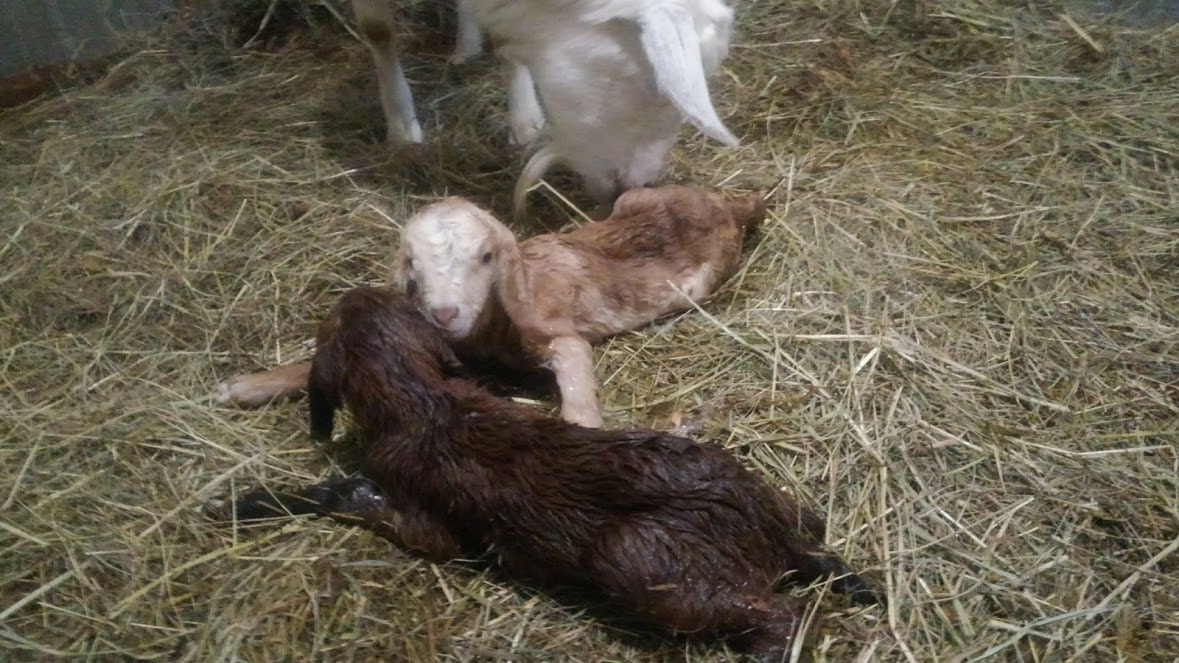
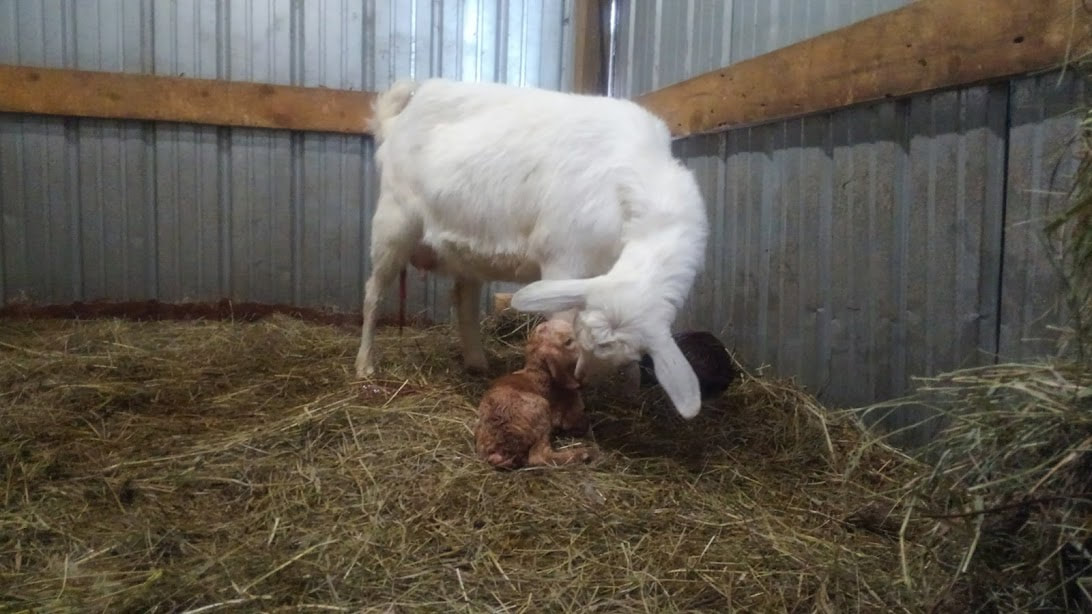
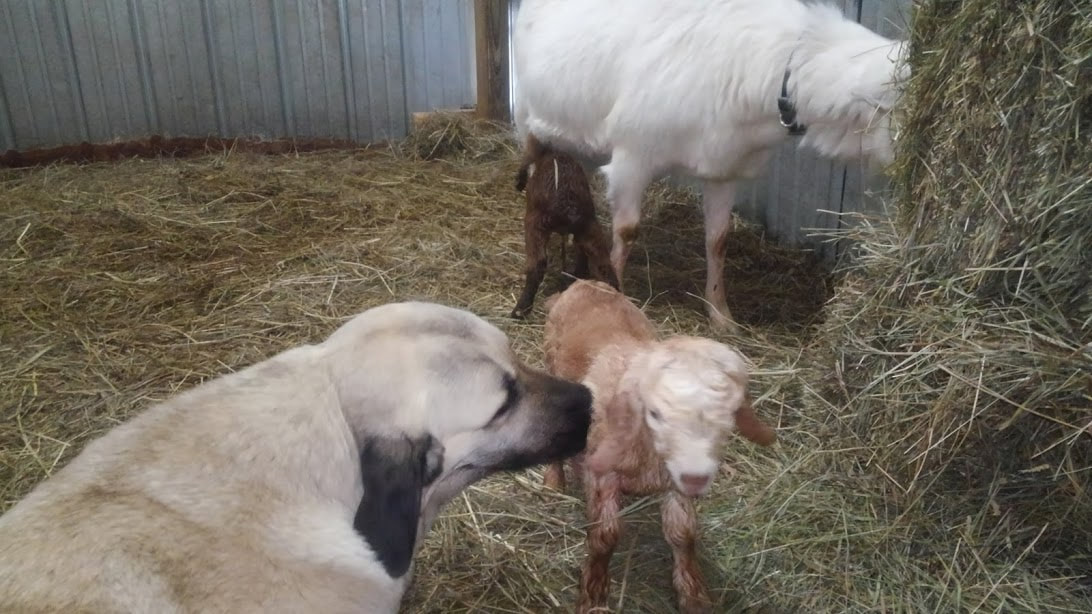
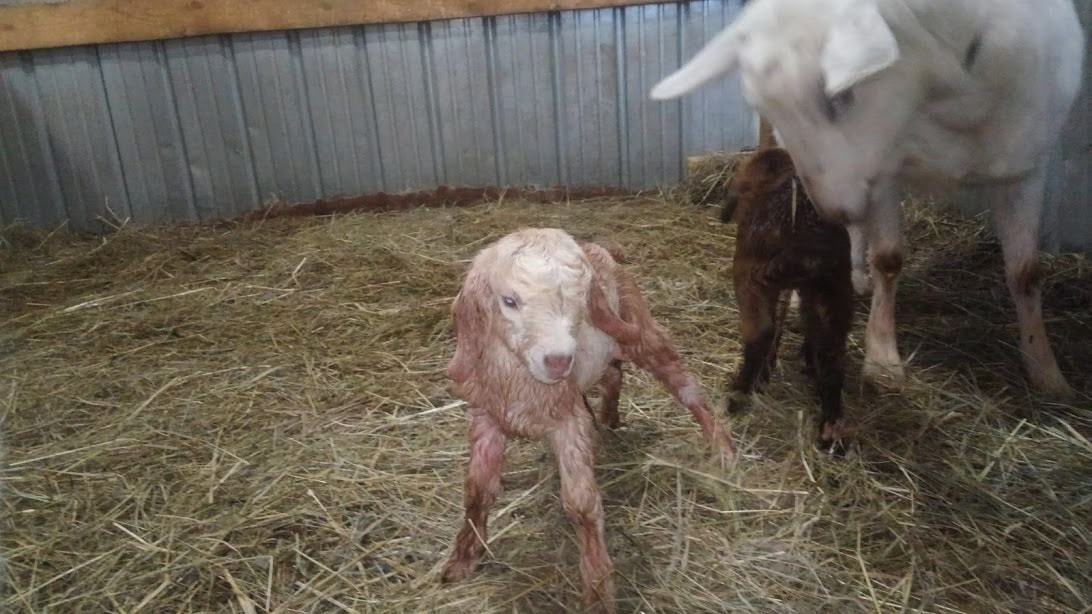
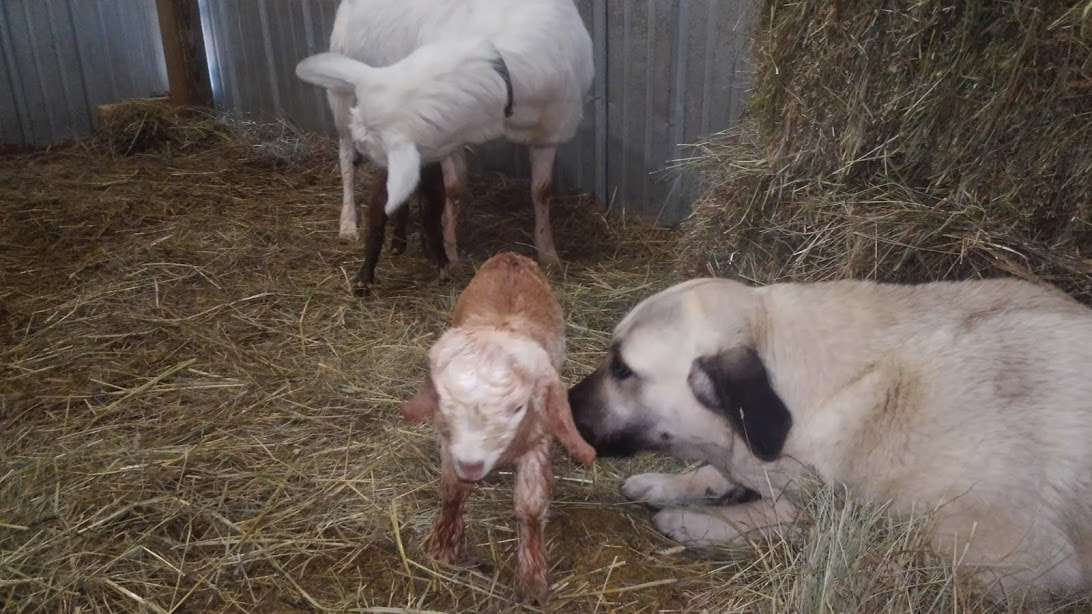
 RSS Feed
RSS Feed